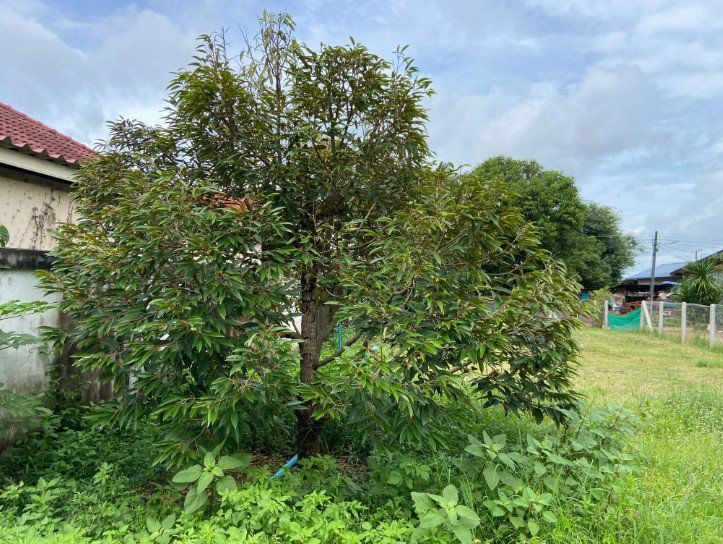What Makes Monthong The Most Popular Durian Variety?
Discover the Allure of Monthong Durian
Explore why Monthong is the king of durians, celebrated for its rich flavor and creamy texture.
Unmatched Flavor
Monthong durian offers a sweet, buttery taste that is beloved worldwide.
Creamy Texture
Its smooth, custard-like consistency makes it a favorite among durian enthusiasts.
The Legacy of Monthong Durian
Monthong durian, originating from Thailand, is renowned for its large size and delectable taste. This variety is distinguished by its thick, golden flesh and subtle aroma, making it a preferred choice for both locals and international durian lovers. Cultivated with care in the lush orchards of Thailand, Monthong durians are a testament to the country’s rich agricultural heritage.
The Monthong durian stands out not only for its taste but also for its cultural significance. Often referred to as the ‘Golden Pillow,’ this durian variety has been a staple in Thai cuisine for generations. Its cultivation involves traditional farming practices that ensure the highest quality fruit, reflecting the dedication and expertise of Thai farmers.
Why Choose Monthong Durian?
Exceptional Sweetness
Monthong durians are known for their unparalleled sweetness, making them a top choice for dessert lovers.
Thick, Golden Flesh
The dense, golden flesh of Monthong durians is both satisfying and filling, perfect for a hearty snack.
Mild Aroma
Unlike other durian varieties, Monthong has a mild aroma, making it more appealing to a wider audience.
What Our Customers Say
“The Monthong durian is simply the best! Its creamy texture and sweet flavor are unmatched. I can’t get enough of it!”
“I’ve tried many durians, but Monthong stands out for its rich taste and delightful aroma. It’s a must-try for any durian lover!”
“As a chef, I appreciate the consistent quality of Monthong durians. They add a unique flavor to my desserts that my customers love.”
“Monthong durians are a treat! The balance of sweetness and creaminess is perfect. I always recommend them to my friends.”
“The quality of Monthong durians is exceptional. Every bite is a burst of flavor that keeps me coming back for more!”
Monthong Durian Smoothie Bowl
4 Servings
45 min Prep
20 min Cook
Experience the tropical delight of a Monthong Durian Smoothie Bowl, a perfect blend of creamy durian, fresh fruits, and crunchy toppings. This recipe is a refreshing way to enjoy the rich flavors of Monthong durian.
Step 1
Blend ripe Monthong durian with a banana and a splash of coconut milk until smooth.
Step 2
Pour the smoothie into a bowl and top with sliced mango, kiwi, and a handful of granola.
Step 3
Garnish with chia seeds and a drizzle of honey for added sweetness.












